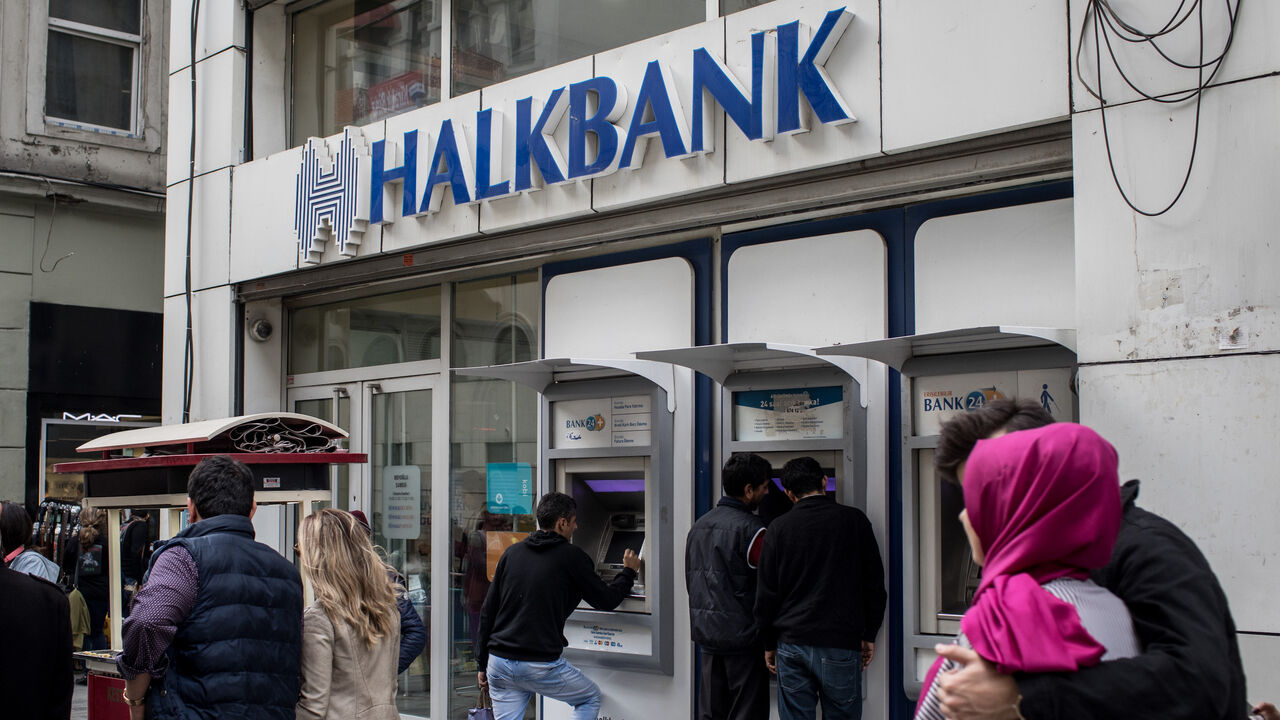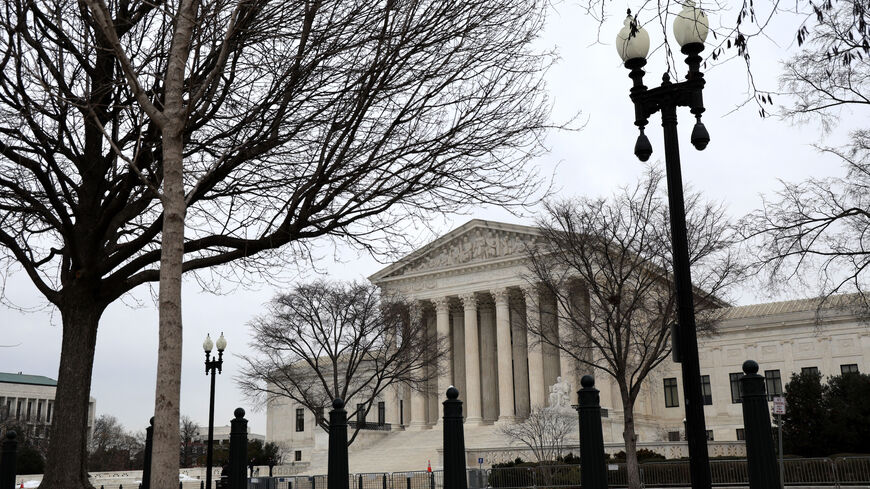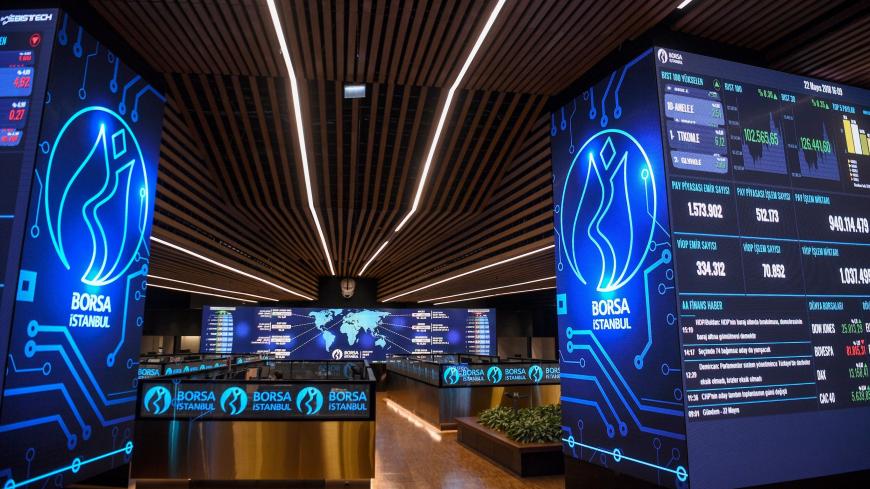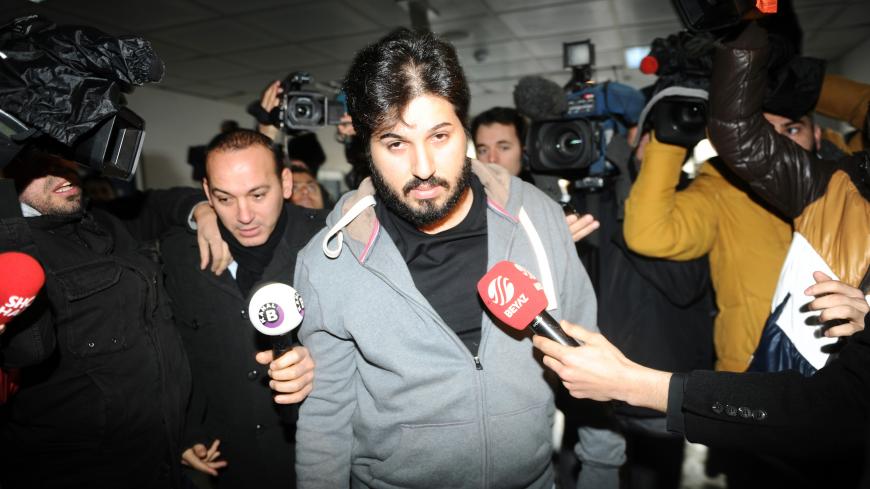Supreme Court clears path for Turkey’s Halkbank trial over Iran sanctions
The Turkish president personally raised the Halkbank case with US President Donald Trump at the White House, as Ankara pushes for a settlement to avoid a drawn-out legal battle.

ANKARA — The US Supreme Court on Monday declined to review an appeal by Turkey’s state-owned Halkbank to dismiss charges that it helped Iran evade sanctions, clearing the way for the bank to stand trial after years of legal battles.
US prosecutors first charged Halkbank in 2019 with fraud, money laundering and sanctions evasion, accusing the Turkish state lender of participating in a multibillion-dollar scheme to move Iranian oil revenue through the global financial system. The indictment alleges the bank secretly transferred $20 billion in restricted Iranian funds, converting oil revenue into gold and cash to benefit Iranian interests and falsifying records of food shipments. Halkbank denies any wrongdoing and claims immunity from prosecution as a state-owned entity.
The Supreme Court’s decision not to review the case follows a lower appeals court ruling that state ownership does not shield Halkbank from criminal prosecution.
Turkish President Recep Tayyip Erdogan openly raised the issue last month during a visit with US President Donald Trump in Washington, as Ankara has been urging the US Justice Department to drop the charges.
“I believe we will have the opportunity today to discuss in detail the matter of our relations concerning Halkbank,” Erdogan told reporters during a joint appearance with Trump at the White House.
Turkey hopes to resolve the dispute through a relatively modest fine, Bloomberg reported last week, citing a source familiar with the matter. If the two capitals fail to reach a settlement, Halkbank may face a prolonged legal battle and heavy penalties.
Halkbank is accused of helping Iran evade US sanctions by secretly moving billions of dollars in oil revenue through the financial system, using front companies, falsified documents and gold transactions to conceal the flows — some of which passed through US banks, giving prosecutors jurisdiction to pursue the case. The case is linked to earlier prosecutions, including the conviction of former Halkbank executive Mehmet Hakan Atilla by a US court.
Since its initial indictment in 2019, Halkbank has fought the charges through a series of appeals over sovereign immunity, culminating in today’s Supreme Court decision.
Ahead of the ruling, Turkey froze assets of 20 Iranian individuals and 18 entities associated with Iran's nuclear activities, including organizations involved in uranium enrichment and nuclear fuel. The move followed the reinstatement of UN “snapback” sanctions last week after Iran reduced nuclear monitoring. While Turkey enforces UN Security Council sanctions, it does not adopt unilateral US sanctions on Iran.







